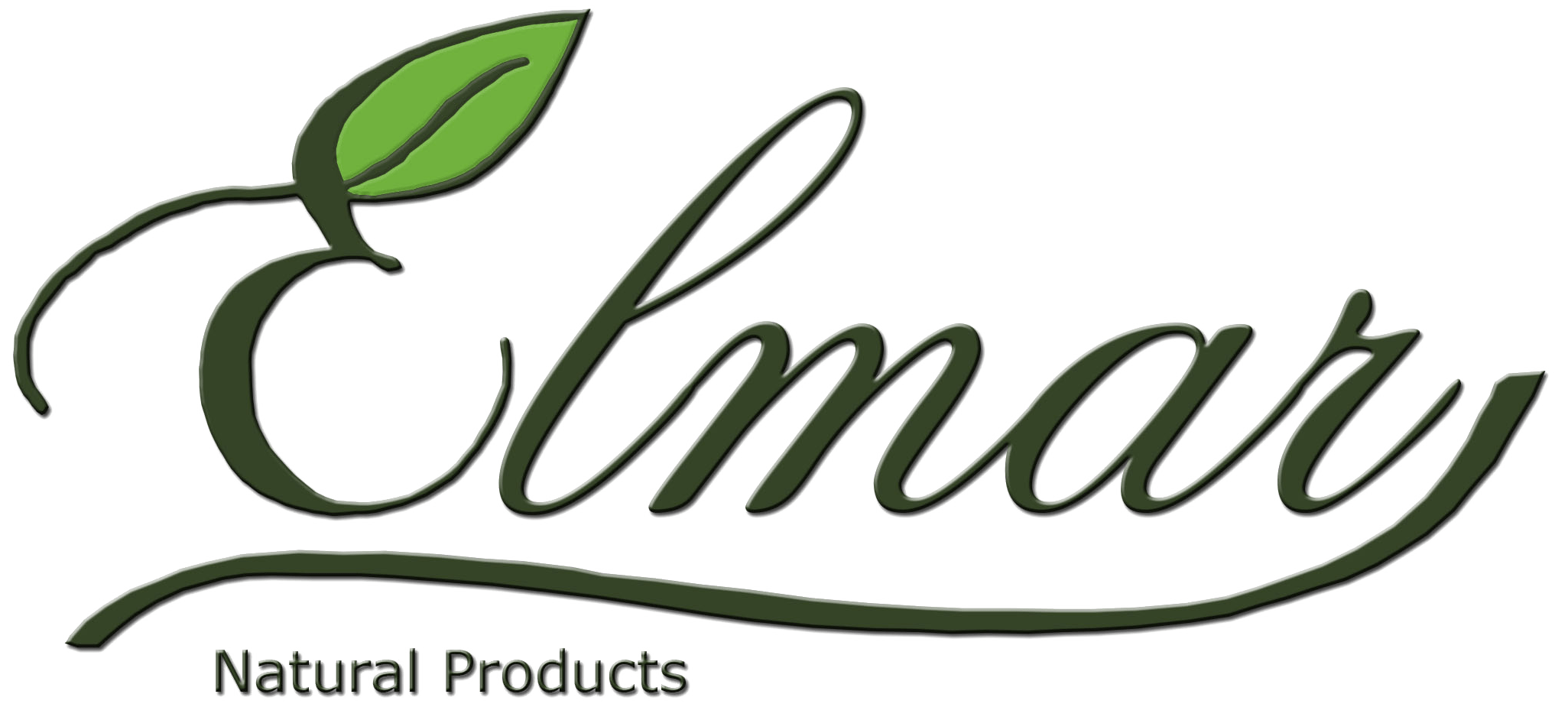High inflation in some import markets, and new technical standards in food safety control with import conditions… are making cashew exporters more difficult…

The cashew sector is facing the challenge of new technical standards in the Chinese, European, and American markets. (Photo: Internet)
Vietnam Cashew Association (VINACAS) said that the export of cashew in 2022 continues to face difficulties: the freight rates are high, export prices do not increase in time compared to the growth of raw cashew, and factories cannot balance processing costs and export prices…
Therefore, the volume of Vietnamese exported cashew is forecast to decrease in the following months, until the end of Q4/2022.
CHALLENGES OF TECHNICAL STANDARDS
Pointing out the cause, VINACAS said that, when having a conflict with Ukraine, Russia was economically embargoed on the international market, and eliminated from the SWIFT payment system. This has caused a lot of difficulties in the payment of exporters to the Russian and European markets.
At the beginning of the Russian “special operation”, many containers, including cashew nuts, on board Russia, mostly ported or located in transshipment ports, such as Hamburg (Germany) or Rotterdam (Netherlands), without being allowed to reach the ports in Russia. This is causing difficulties in terms of warehousing duration.
Besides, regarding the sets of documents for payment of exports to Russia, customers here face the risk of not being able to pay Vietnamese enterprises. This is the biggest problem for enterprises under the Cashew Association that export goods to Russia.
Not only that, the cashew sector is currently facing the challenges of the new technical standards of the Chinese, European, and American markets.
With the Chinese market, in addition to implementing Orders 248 and 249, this country does not allow “living worms, dead worms” in cashew nut kernel products (tolerance 0.00%).
As for the European market, as reflected by VINACAS members, European customers now regularly check pesticide residues in cashew nut kernels. Many shipments have been rejected due to pesticide residues over the permitted standard (maximum limit of 0.01 ppm) – Previously, Vietnam rarely encountered this case.
In the US market, the current AFI standard (commercial quality standards) does not clearly specify the types of LBW and DW of Vietnam compared to the AFI standard issued in 2009. Therefore, when the quality inspection company conducts an inspection that is not the same as the evaluation of types of errors compared to buyers, there are misunderstandings and unexpected complaints.
STANDARD, MARKET, AND CREDIT SOLUTIONS ARE NEEDED
In the face of the above difficulties along with high inflation in some large importing countries, and increased transportation costs… VINACAS recommends that relevant Ministries and local authorities create the most favorable conditions for enterprises in the cashew sector, especially in terms of tax and customs policies.

VINACAS recommends relevant units create favourable conditions for cashew enterprises. (Photo: Internet)
The State Bank directs commercial banks to prioritize the support package to reduce the interest rate for enterprises in the cashew sector as soon as possible.
The Ministry of Transport directs the shipping companies to ensure the supply of empty containers for contracts signed with Vietnamese enterprises, avoiding repeating the unexpected shortage of empty containers that occurred in 2021, causing Vietnamese enterprises to suffer badly in many aspects.
In addition, VINACAS recommends the relevant units do not create unreasonable new fees (such as port infrastructure fees, container balancing fees,…) to make it difficult for businesses.
The SPS Vietnam Office continues to coordinate with the authorities and the Association to support the cashew enterprises in implementing the new regulations on food safety control in foreign markets, especially China, the EU, and the US markets.
At the same time, it is necessary to propose China allow the tolerance ratio of living and dead worms in cashew nuts to be 0.05%, similar to the technical standards and regulations of some other countries. It is recommended that the EU consider maximum allowable limits for pesticide residues and the US consider AFI standards.
VINACAS proposed to establish a “Special Group” or “24/24 Rapid Response Team” in key markets including China, the US, and the EU to support cashew enterprises in buying, selling and exporting cashew nuts.
According to the Association, the Ministry of Agriculture and Rural Development should continue to support research and development of specialized standards and technical regulations for cashew nuts and cashew tree by-products. At the same time, the Ministry should evaluate and plan cashew growing areas in the long term. In the difficult conditions of increasing area, it is recommendable to provide solutions for cooperation in the exploitation and development of raw material areas in Cambodia and South Laos.
The Ministry of Industry and Trade supports cashew enterprises in participating in national programs on trade promotion at home and abroad during the “new normal” period to take over the Chinese market when they end their “Zero Covid” policy and reopen.
On the other hand, the Ministry of Industry and Trade, the Ministry of Agriculture and Rural Development, the Ministry of Foreign Affairs, and the Vietnamese diplomatic and trade offices abroad increase information about markets, customers, consumption trends, and trade risks in foreign markets and support enterprises when there are unforeseen difficulties that may occur.
